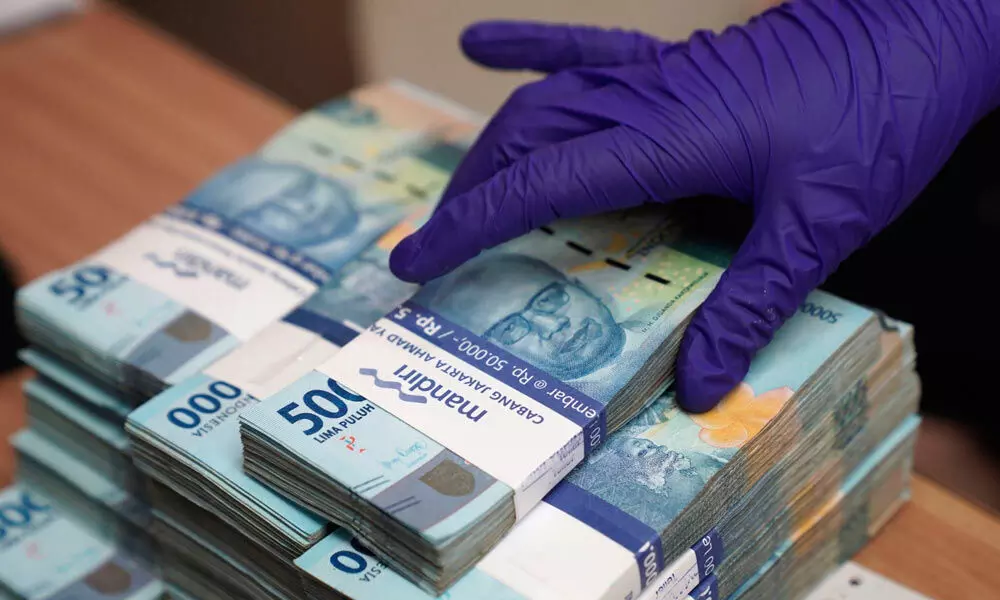Powell gives emerging markets an even longer leash
License granted to push interest rates lower in Asia
image for illustrative purpose

The Federal Reserve just extended Asia's free monetary ride for at least another year. By removing the prospect that massive easing will be wound back anytime soon, Washington has given the region's officials license to push interest rates even lower for longer.
On Wednesday, the Federal Open Market Committee tied the enormous bond purchases at the heart of quantitative easing to the central bank's broader goals of cranking up inflation and achieving maximum employment. The implication is that QE should no longer be seen purely as an emergency response to the pandemic. By dropping language that bond-buying will be a feature over "coming months," the timeline is, in theory, now limitless. Attracting less attention, but vital to Asia: Chair Jerome Powell extended two separate programs designed to ease a global shortage of dollars and smooth the functioning of the market for US Treasuries.
Powell's shift is a huge green light for emerging markets like Indonesia, the Philippines and South Korea that have undertaken stimulus scarcely conceivable a year ago. It's also a boon for developed economies such as Australia and New Zealand, which had interest rates near zero but had resisted the idea that QE would ever be required.
The risk of this radicalism was an early American exit from rock-bottom borrowing costs that would quickly drain capital from Asia in search of higher returns in the US The so-called taper tantrum of 2013 - when then-Fed Chair Ben Bernanke foreshadowed stepping back from global financial crisis-era measures - was a salutary lesson in what could go wrong. The market blowback was so swift that Bernanke backed down.
A repeat of that performance now looks a dim prospect, at least for 2021. A prolonged period of easy money means Indonesia not only gets a relatively free pass for its debt monetization, a once frowned-upon adventure, but can cut rates further as well. Bank Indonesia can do so without fear that a sudden Fed retreat will send the rupiah plummeting. The Philippine central bank has been loaning money, in a less vocal way, to President Rodrigo Duterte's administration. The Fed's stance enables Manila to continue flying beneath the radar on this soft-monetization approach. South Korea has hemmed and hawed about bond purchases, making opportunistic purchases while being loath to countenance the term QE. Powell has given the Bank of Korea cover to be more clear about its goals and tactics.
With all this Fed munificence, what could possibly go wrong? It's possible Asia's date with a tantrum is merely postponed rather than cancelled. By tying QE to formal price and jobs mandates, the Fed may have lengthened the duration of the program but shortened the space between its end and the start of regular interest-rate increases. If mass vaccinations result in a fast economic rebound that pushes inflation up, investors will have to watch for a pivot.
Treasury purchases under QE were first launched in 2009 and took until 2014 to be completed. Rates didn't start to rise until late 2015, and then only very gradually. The Covid-19 slump is even bigger than the GFC, so the Fed will be extra cautious this time. Asia has room to run. (Bloomberg)

